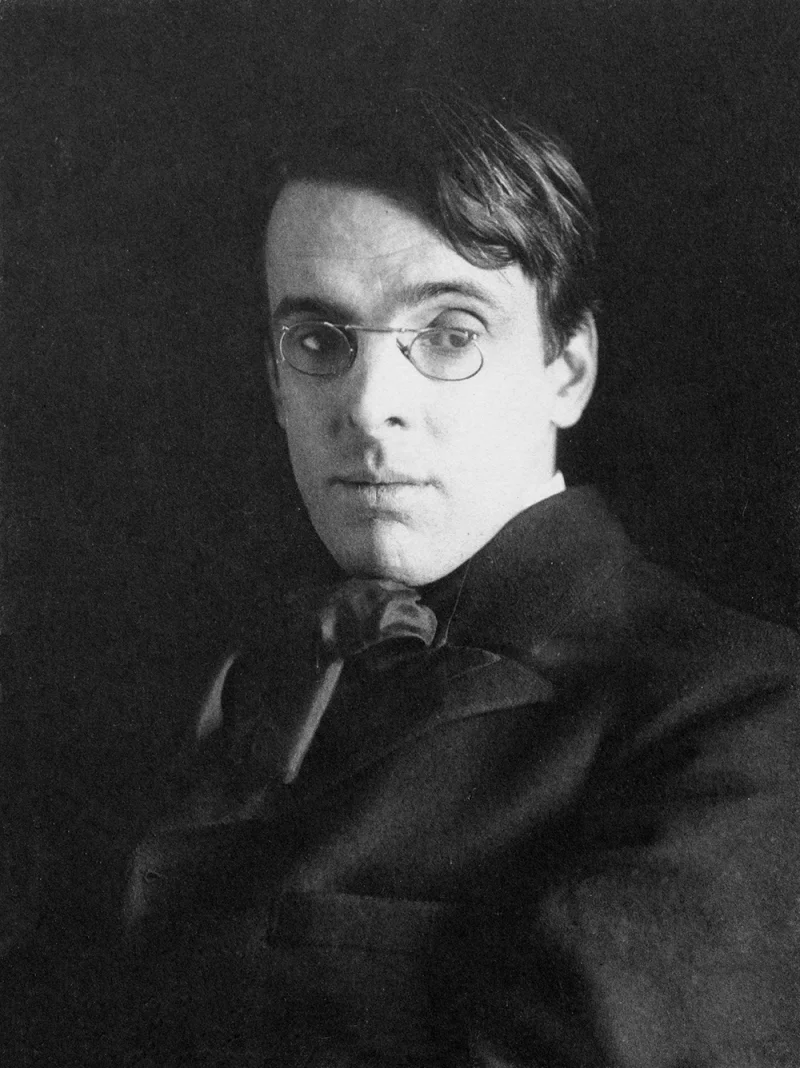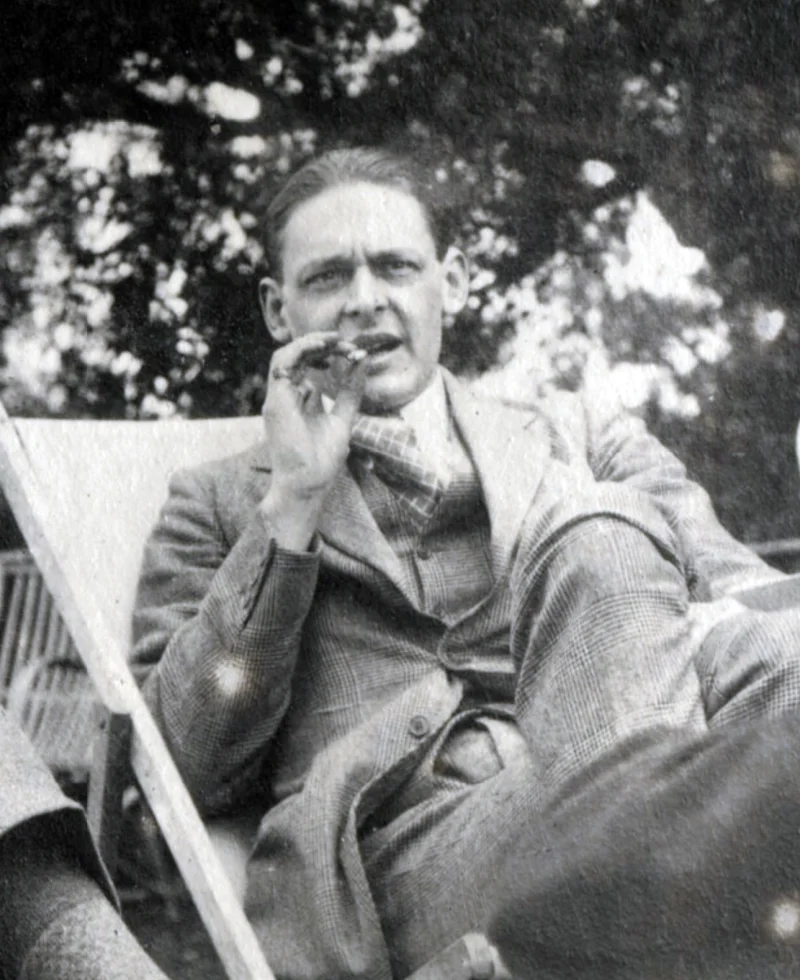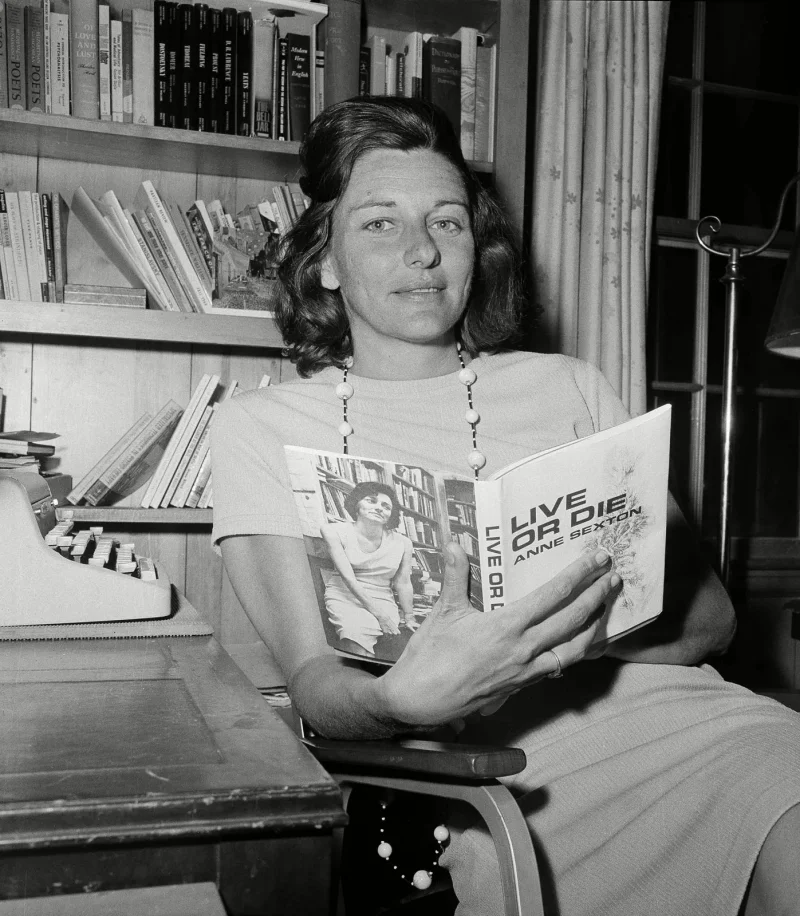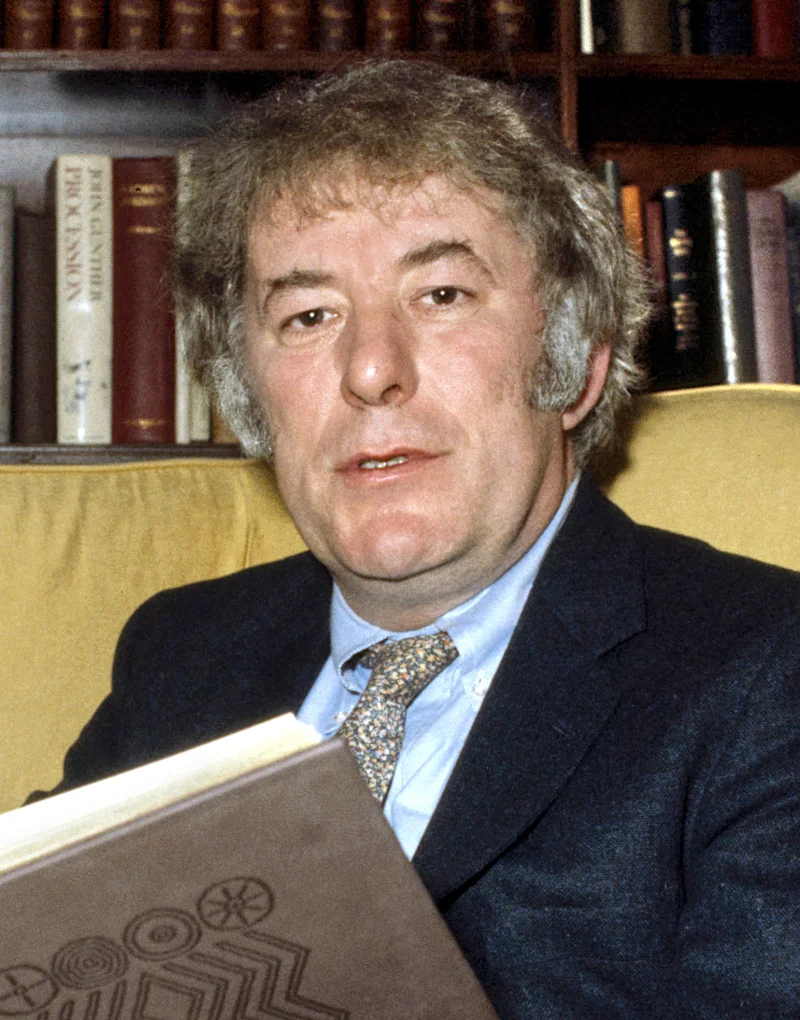Short Summary
Kazuo Ishiguro is a renowned British author, celebrated for his profound contributions to contemporary literature. Born in Japan and raised in the United Kingdom, he is best known for his novels that explore themes of memory, time, and self-delusion. His works such as "The Remains of the Day" and "Never Let Me Go" have garnered critical acclaim, earning him prestigious awards including the Nobel Prize in Literature in 2017. Ishiguro's distinctive narrative style and thought-provoking themes have made him a significant figure in modern literature.
Early Life & Education
Kazuo Ishiguro was born on November 8, 1954, in Nagasaki, Japan. At the age of five, he moved with his family to Guildford, Surrey, in England, where his father pursued oceanographic research. This cross-cultural upbringing played a significant role in shaping his worldview and literary voice. Ishiguro was educated at Woking County Grammar School and later attended the University of Kent, where he earned a Bachelor of Arts in English and Philosophy in 1978. He furthered his studies with a Master of Arts in Creative Writing from the University of East Anglia in 1980, where he was influenced by notable authors such as Malcolm Bradbury and Angela Carter.
Career Highlights
Ishiguro's literary career began in the early 1980s with the publication of his first novel, "A Pale View of Hills," which received immediate critical acclaim. His third novel, "The Remains of the Day," published in 1989, won the Booker Prize and was later adapted into an Oscar-nominated film. Ishiguro continued to captivate readers with "Never Let Me Go" in 2005, a dystopian work that was also adapted into a film. Over his career, he has published several novels and short stories, contributing significantly to the literary world with his unique narrative style and exploration of complex themes.
Major Achievements
- Won the Booker Prize in 1989 for his novel "The Remains of the Day."
- Received the Nobel Prize in Literature in 2017 for his novels that "uncovered the abyss beneath our illusory sense of connection with the world."
- His novels have been translated into over 40 languages, showcasing his global literary influence.
- Several of his works have been adapted into successful films, extending his reach to a broader audience.
Famous Quotes
- "There was another life that I might have had, but I am having this one."
- "Memories, even your most precious ones, fade surprisingly quickly."
Interesting Facts
- He initially aspired to be a musician and wrote songs as a young man.
- Ishiguro became a British citizen in 1982.
- He was once a social worker before pursuing writing full-time.
- His novel "An Artist of the Floating World" was inspired by his Japanese heritage.
- He has been named in Time Magazine's list of 100 Most Influential People.
Legacy / Influence
Kazuo Ishiguro's legacy lies in his profound impact on contemporary literature, particularly through his exploration of human memory and identity. His works have challenged readers to reflect on their own lives and perceptions of reality. As a cross-cultural figure, he has expanded the understanding of post-war identity, contributing to dialogues about race, nationality, and belonging. His influence continues to resonate with writers, filmmakers, and readers around the world.
FAQ
Q: Why is Kazuo Ishiguro famous?
A: He is famous for his critically acclaimed novels exploring themes of memory and identity, including "The Remains of the Day" and "Never Let Me Go."
Q: What awards has he won?
A: He has won numerous awards, including the Booker Prize and the Nobel Prize in Literature.
Q: Where was he born?
A: He was born in Nagasaki, Japan.
Q: Has he written any other types of work besides novels?
A: Yes, he has written short stories and screenplays as well.













